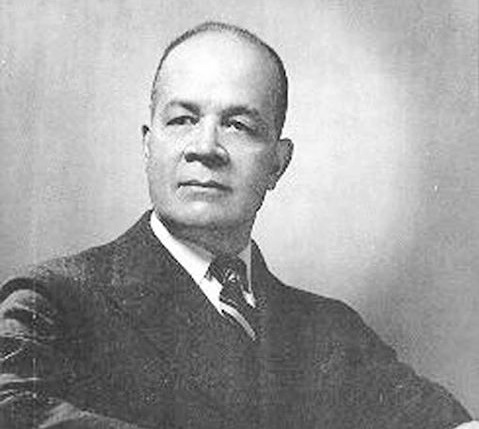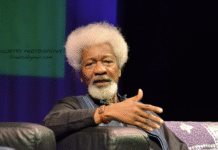
“Intellect, whether of civilized or uncivilized humanity, as you know, sir, is elastic in quality. That is, primitive man when transplanted to civilization not only becomes civilized, but sometimes excels some of those whose ancestors have had centuries of culture, and the child of civilized man when isolated among primitives becomes one himself. We would find that the differences between a people who had acquired say three or four generations of beneficent culture, and another who had been long civilized would be about the same as that between the individuals in the long civilized group. That is, the usual human differences would exist. To be accurate we would have to appraise each individual separately. Any comparison between the groups would be inexact.” – Joel Augustus Rogers
Joel Augustus Rogers was born on September 6, 1883. He was an African-American writer, lecturer, anthropologist, historian, journalist, and publisher. Rogers was from Negril, Jamaica, where his father was a small-town schoolteacher.
In 1906, Rogers moved to Chicago but spent most of his life in Harlem, New York. Rogers had known Marcus Garvey in Jamaica and in 1917, he became a naturalized U.S. citizen. In 1923, he covered the Marcus Garvey trial, he wrote for the Universal Negro Improvement Association‘s weekly newspaper, The Negro World, and he lectured to local U.N.I.A. chapters. Rogers also researched the global history of African people. In 1925 he went to Europe for research and analyses in their libraries and museums. In 1927, he returned to Europe for research and traveled to North Africa during the same period. Between 1935 and 1936, he researched in Egypt and Sudan. At this time he worked as a correspondent for the New York Amsterdam News. He attended the coronation of Haile Selassie I, who presented him with the Coronation Medal.
Rogers’ organizational affiliations included the Paris Society of Anthropology, the American Geographical Society, the American Association for the Advancement of Science, and the Academy of Political Science.
For 50 years, Rogers investigated and reported the accomplishments of ancient and contemporary African people, contributing to such publications as The Crisis, American Mercury, the Messenger, The Negro World, Pittsburgh Courier, and Survey Graphic. When publishing houses refused to publish his works, Rogers published them himself.
Not only was Rogers the first black war correspondent, but he was clearly a Renaissance man who understood and embraced the connections between people of African descent. Rogers died in 1966.
Read more about Mr. Rogers at African American Registry.
Like The Burton Wire on Facebook. Follow us on Twitter @TheBurtonWire.








